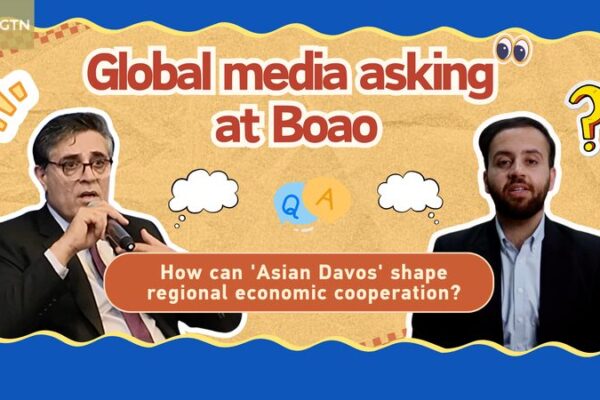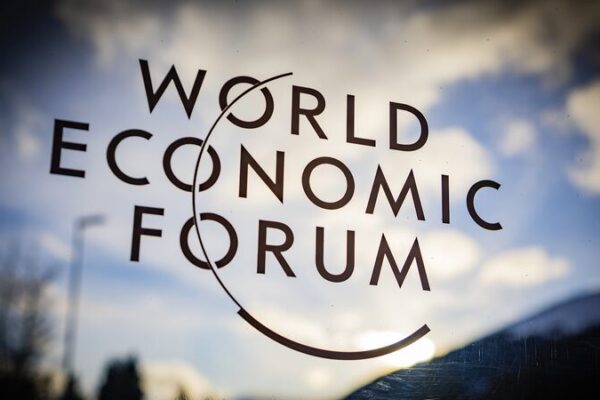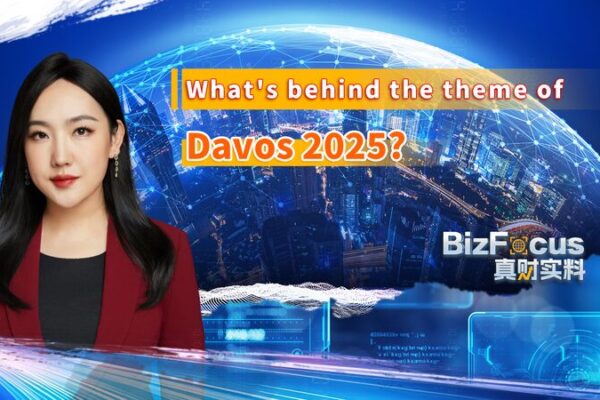At this year’s World Economic Forum in Davos, global leaders and experts gathered to tackle pressing questions about the future of international relations. A central topic was the evolving dynamic between China and the United States, especially in light of the possibility of a Trump 2.0 era.
Participants delved into how the two economic giants could strike a balance in steering their economies amidst a shifting global landscape. With trade tensions and technological competition shaping their interactions, the question remains: How will China and the U.S. navigate a world in flux?
Experts at Davos discussed the potential impacts of renewed policies under a Trump administration. They emphasized the importance of open dialogue and cooperation in addressing global challenges such as climate change, public health, and economic recovery post-pandemic.
The consensus was that mutual understanding and respect are key. By focusing on shared interests and reducing misunderstandings, China and the U.S. can work towards a stable and prosperous future, not just for themselves, but for the global community.
As young people across the Global South look to the future, the relationship between these two nations will undoubtedly influence opportunities and challenges worldwide. The discussions at Davos highlighted the need for visionary leadership and collaborative efforts in an increasingly interconnected world.
Reference(s):
cgtn.com








